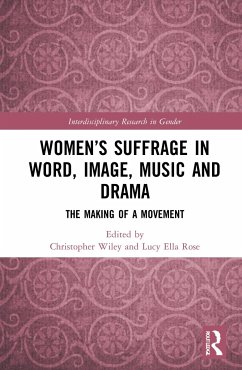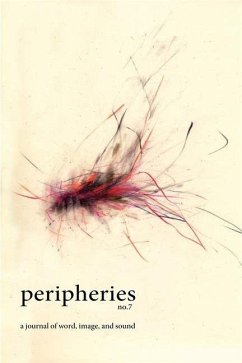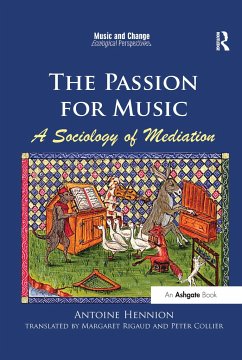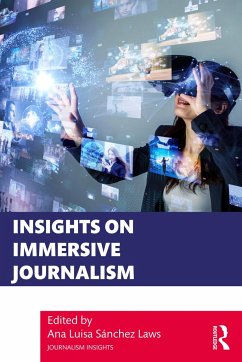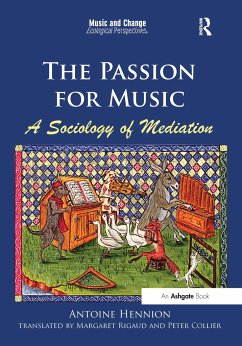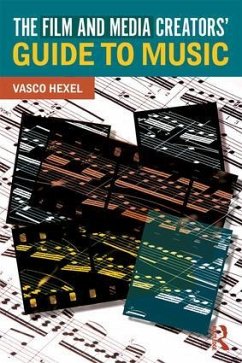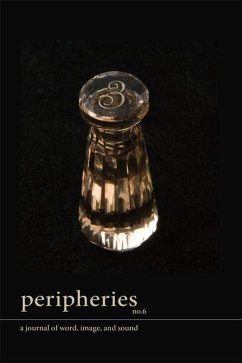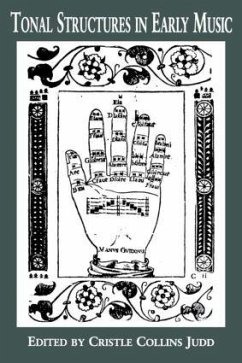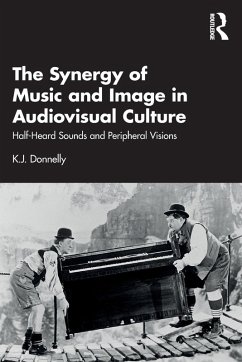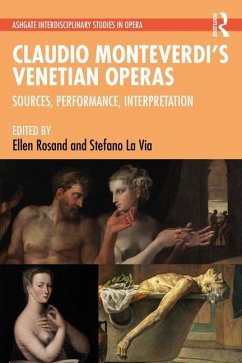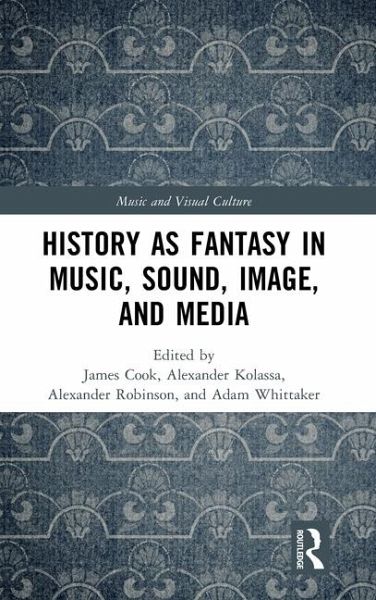
History as Fantasy in Music, Sound, Image, and Media
Versandkostenfrei!
Versandfertig in 6-10 Tagen
154,99 €
inkl. MwSt.
Weitere Ausgaben:

PAYBACK Punkte
77 °P sammeln!
Exploring how music is used to portray the past in a variety of media, this book probes the relationship between history and fantasy in the imagination of the musical past. The volume brings together essays from multidisciplinary perspectives, addressing the use of music to convey a sense of the past in a wide range of multimedia contexts, including television, documentaries, opera, musical theatre, contemporary and historical film, videogames, and virtual reality. With a focus on early music and medievalism, the contributors theorise the role of music and sound in constructing ideas of the pa...
Exploring how music is used to portray the past in a variety of media, this book probes the relationship between history and fantasy in the imagination of the musical past. The volume brings together essays from multidisciplinary perspectives, addressing the use of music to convey a sense of the past in a wide range of multimedia contexts, including television, documentaries, opera, musical theatre, contemporary and historical film, videogames, and virtual reality. With a focus on early music and medievalism, the contributors theorise the role of music and sound in constructing ideas of the past. In three interrelated sections, the chapters problematise notions of historical authenticity on the stage and screen; theorise the future of musical histories in immersive and virtual media; and explore sound's role in more fantastical appropriations of history in television and videogames. Together, they pose
provocative questions regarding our perceptions of 'early' music and the sensory experience of distant history. Offering new ways to understand the past at the crossroads of musical and visual culture, this collection is relevant to researchers across music, media, and historical and cultural studies.
provocative questions regarding our perceptions of 'early' music and the sensory experience of distant history. Offering new ways to understand the past at the crossroads of musical and visual culture, this collection is relevant to researchers across music, media, and historical and cultural studies.





